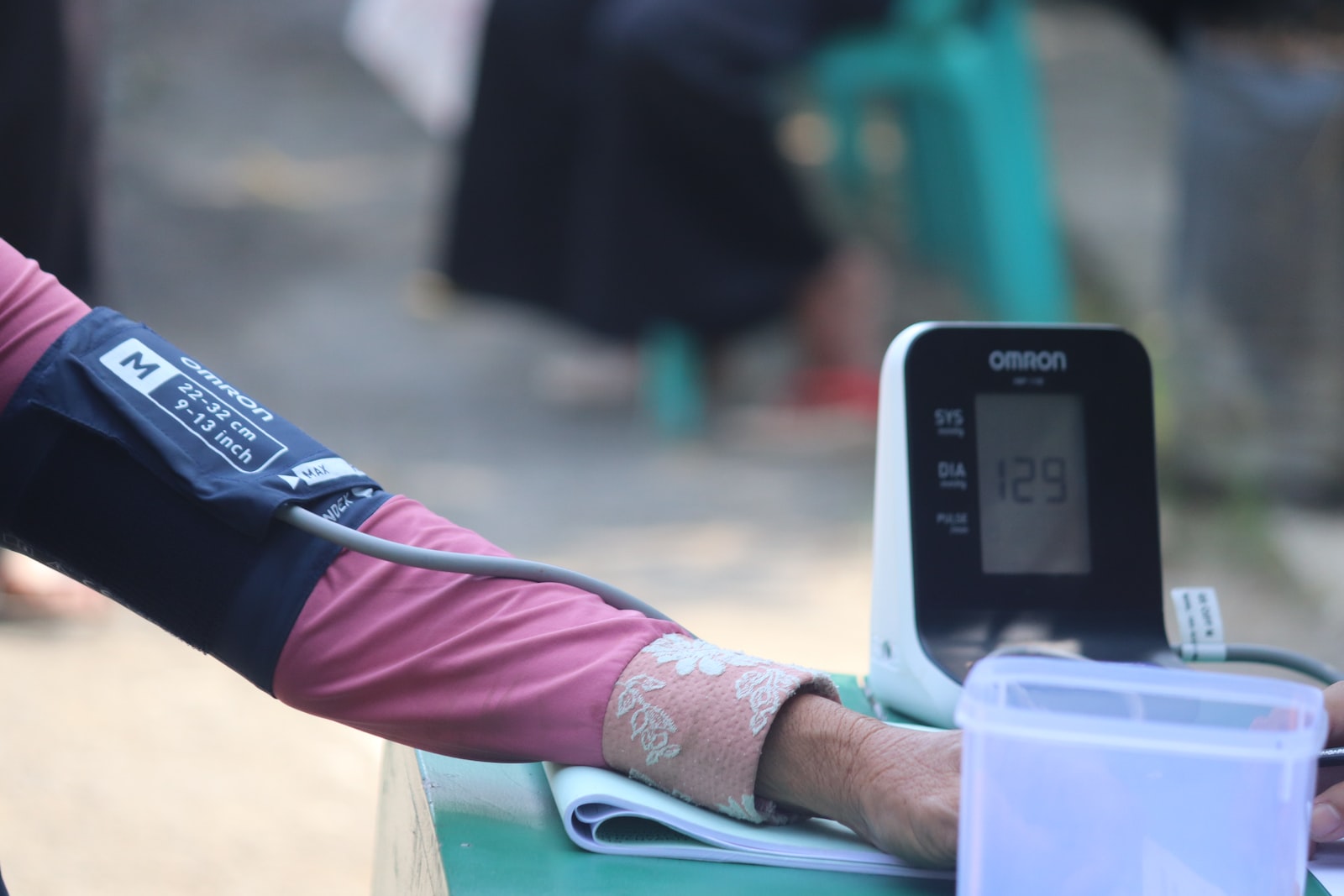Can you identify the symptoms of hypertension?
The first step to battling an enemy is the ability to recognize him, and hypertension is one of the most silent killers there are. Let us find out more. Hypertension is a pathological condition in which recorded blood pressure values are higher than normal. We speak of hypertension when the systolic (maximum) blood pressure values are above 140mmHg and the diastolic (minimum) blood pressure values are above 90mmHg. We call hypertension a silent killer because the patients affected by high blood pressure show absolutely no symptoms in most cases, even if their blood pressure values are dangerously high. Hypertension may only be occasionally detectable. The only way to know is to measure your blood pressure; hypertension can only be diagnosed based on a series of measurements through time and not on a single value. Anyone can be affected by hypertension, but it becomes more prevalent with aging, in those with a family history of hypertension, in overweight subjects and those with a sedentary lifestyle. All adults should check their blood pressure at least once a year. Hypertension can occasionally cause symptoms such as headaches, vertigo, nausea and visual disturbances (often specks of flickering light and a narrowed field of vision), difficulty concentrating, buzzing sounds, redness of the face and palpitations. You should see a doctor If these symptoms occur, so they can assess the situation by taking your blood pressure measurements and by administering further tests if necessary. Hypertension can cause serious organ damage over time: the heart increases in size (hypertrophy) due to being over-worked, artery walls tighten and damage, favoring atherosclerosis that can lead to a heart attack or stroke, and finally irreversible kidney damage that can lead to kidney failure. We would therefore like to remind you of the importance to measure blood pressure regularly and to consult a physician if your values are worthy of medical attention.


